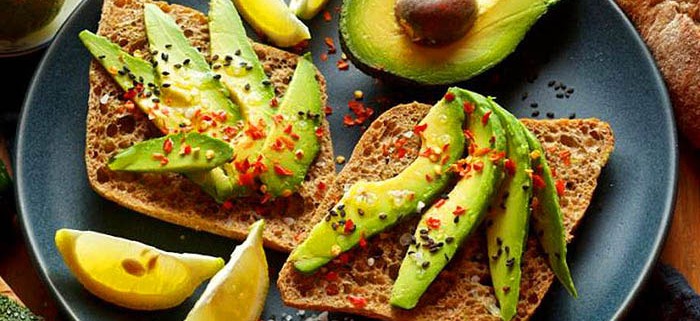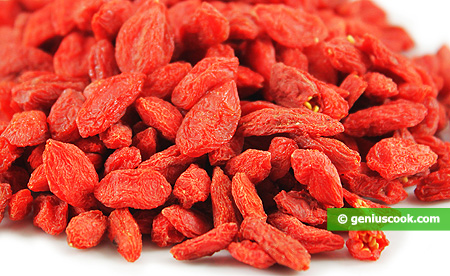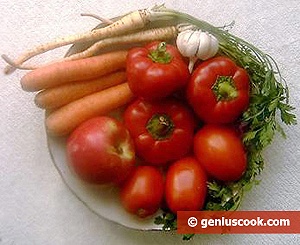What Makes Avocado Useful and When Is It Harmful?
What is the benefit of this oily fruit? Let’s get acquainted with it. Avocado contains about 20 minerals and vitamins.
Great for vision
- Besides, avocado contains two substances that are necessary for eye health – lutein and zeaxanthin. These carotenoids act as antioxidants and reduce the risk of developing age-related macular degeneration of the retina.
Good for the heart and blood vessels
- 25 mg of beta-sitosterol, the natural plant sterol from avocado, help to maintain healthy cholesterol levels.
Anti-cancer properties
- Adequate intake of folates from food products protects the colon, stomach, pancreas, and cervix. Folic acid deficiency increases the risk of cancer. Although the exact mechanism of protection is currently unknown, researchers believe that folic acid does something to DNA and RNA and prevents unwanted mutations. Half an avocado provides 20% of daily intake of folic acid.
Healthy Children
- Folic acid is also important for pregnant women. It protects against miscarriage and neural tube defects. Recent studies have shown that the father’s level of folic acid before conception is also important.
Reducing the risk of depression
- Another advantage of the products with high levels of folic acid is reducing the risk of depression. Folic acid helps prevent excess homocysteine, produced in the body. It can block the blood and other nutrients, preventing them from reaching the brain. Excess homocysteine interferes with the production of hormones that regulate mood, sleep and appetite: serotonin, norepinephrine, and dopamine.
Good prevention of osteoporosis
- Avocado contains vitamin K. It helps to improve bone health, increasing the absorption of calcium. Lack of vitamin K is associated with a higher risk of bone fractures. Half an avocado provides 25% of the daily dose of vitamin K.
Improved digestion
- Despite its delicate texture, avocado is known for its high fiber content – 6-7 grams per half a fruit. The use of products with natural fibers maintains the health of the gastrointestinal tract and reduces the risk of colon cancer. Dietary fiber also plays a role in regulating the immune system. It is also associated with a lower risk of coronary heart disease, stroke, hypertension, diabetes, and obesity.
Potential health risks for consumers avocado
- If you take blood thinners, it is important not to start eating many products that contain vitamin K, which plays an important role in blood clotting.
Although the majority of calories in avocados come from fat, these are healthy fats that help to feel satiety. When you eat fat, the brain receives a signal to turn off the appetite. Consuming fats slows the breakdown of carbohydrates into sugar. It helps to keep blood sugar levels stable.
Fat is essential for every cell in our body. It increases the digestibility of many vitamins and minerals and even helps to improve the immune system. In fact, 60% of the brain is composed of fat. Eating healthy fats makes the skin smooth and glowing.
Do not get fooled by low-fat products. Do not give up foods, such as avocados and nuts, which are full of healthy fats. Since the low-fat craze began, we only become fatter and less healthy. This does not mean that one must eat bacon, cheeseburgers, and fried meat without measure. Not all fats are the same, after all. Healthy mono- and polyunsaturated fats are useful.
You can check the ripeness of an avocado by gently pressing on the skin. If avocados hard, you will need to give it to mature for a few days before use. Soft avocados are good for Guacamole. Avocados are a solid perfect for slicing and adding to a salad or sandwich. To speed up the ripening process, put avocados in a paper bag with an apple or banana.
Quick tips: Spread avocado on toast in the morning instead of butter. Or, use it instead of mayonnaise in any salad.







